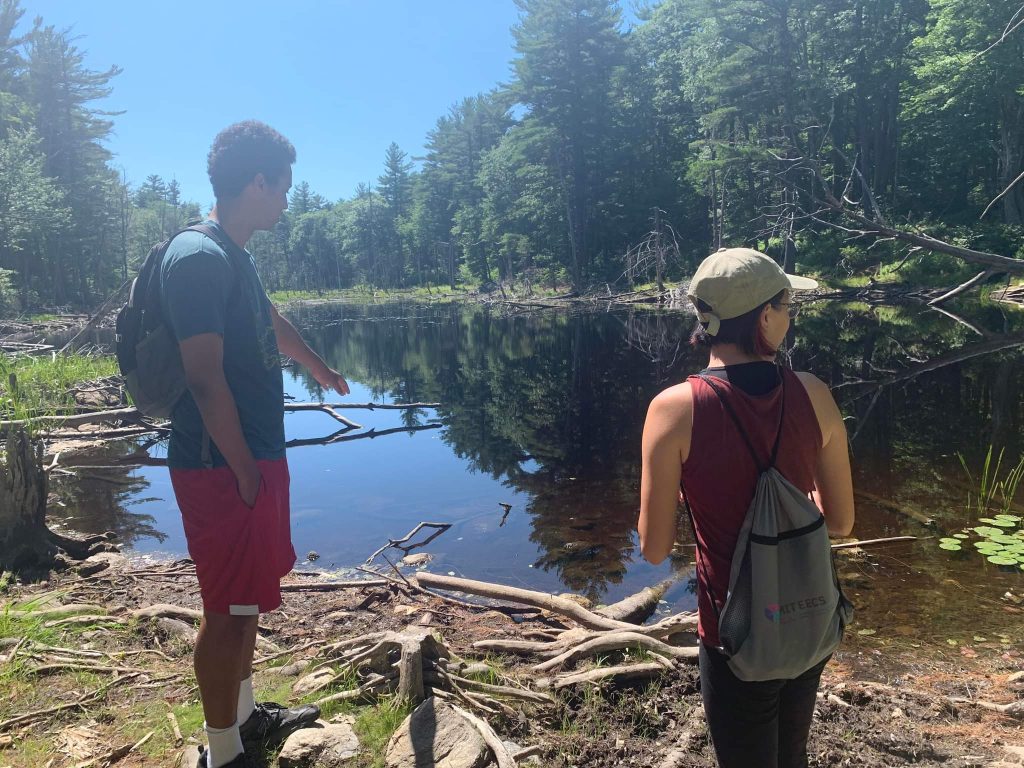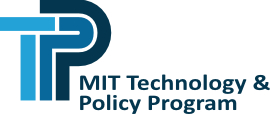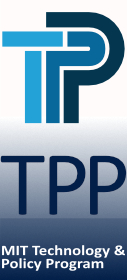
Adapting communities to a changing energy industry
Yiran He ’20, SM ’23, a recent Technology and Policy Program graduate, researched community organization and development for a just transition in southwest Pennsylvania. She interned last summer with the Northeast Energy Efficiency Partnerships (NEEP).
What is the focus of your research? What sort of knowledge and disciplines does it bring together? How will it make an impact?
My research on environmental justice and just transitions with the Environmental Solutions Initiative explores the ways a community thinks about its own development and plans for its future in a changing economic, social, and energy landscape. As jobs in the energy industry change in the United States, communities whose employment has historically been reliant upon the fossil-fuel industry or associated sectors (including steel manufacturing) will need to adapt. We aim to understand the values, priorities, and identities of local stakeholders, hopefully to inform the design of effective transition policy that will ensure none are left behind.
Last summer you interned with NEEP. Who did you work with and what did you do there?
I worked with the policy team of NEEP, a non-profit founded in 1996 accelerating energy efficiency in the Northeast and Mid-Atlantic states. Today, NEEP is one of six Regional Energy Efficiency Organizations (REEOs) funded in part by the DOE to support state efficiency policies and programs. We worked with allies and partners to provide independent analysis and technical expertise on a wide array of topics, from incorporating equity to accelerating the adoption of heat pumps. In my time with NEEP, I worked on several projects, including:
- an implementation brief explaining how state programs can take advantage of workforce development funding opportunities through the Bipartisan Infrastructure Law
- a report detailing six strategies for incorporating equity into energy efficiency evaluation, measurement, and verification (EM&V)
- a new draft for a West Virginia State Energy Plan (to be released for public comment later this year)
How did the internship connect to your current research and future plans?
My internship provided incredible exposure to the kinds of work non-profits can do. Through my research, I’ve interviewed a range of people in the public, private, non-profit, and educational sectors, and it was eye-opening for me to see the various projects and priorities various stakeholders hold through a different lens. As a member of a non-profit interested in accelerating policies promoting energy efficiency and adoption of energy efficiency standards, codes, and technologies, I sat in on state-level meetings for clean energy advocates that facilitated collaborations between organizations with more niche interests and found their concerns in common. Seeing this type of partnership and the real impact it has on public policymaking processes gives me a lot of hope for my future career. I think each of the organizations I interacted with is making a true impact at their respective scales, and all their work is necessary, so I’m hopeful that in my path moving forward I will also feel that I am working on important issues and making a tangible difference.



